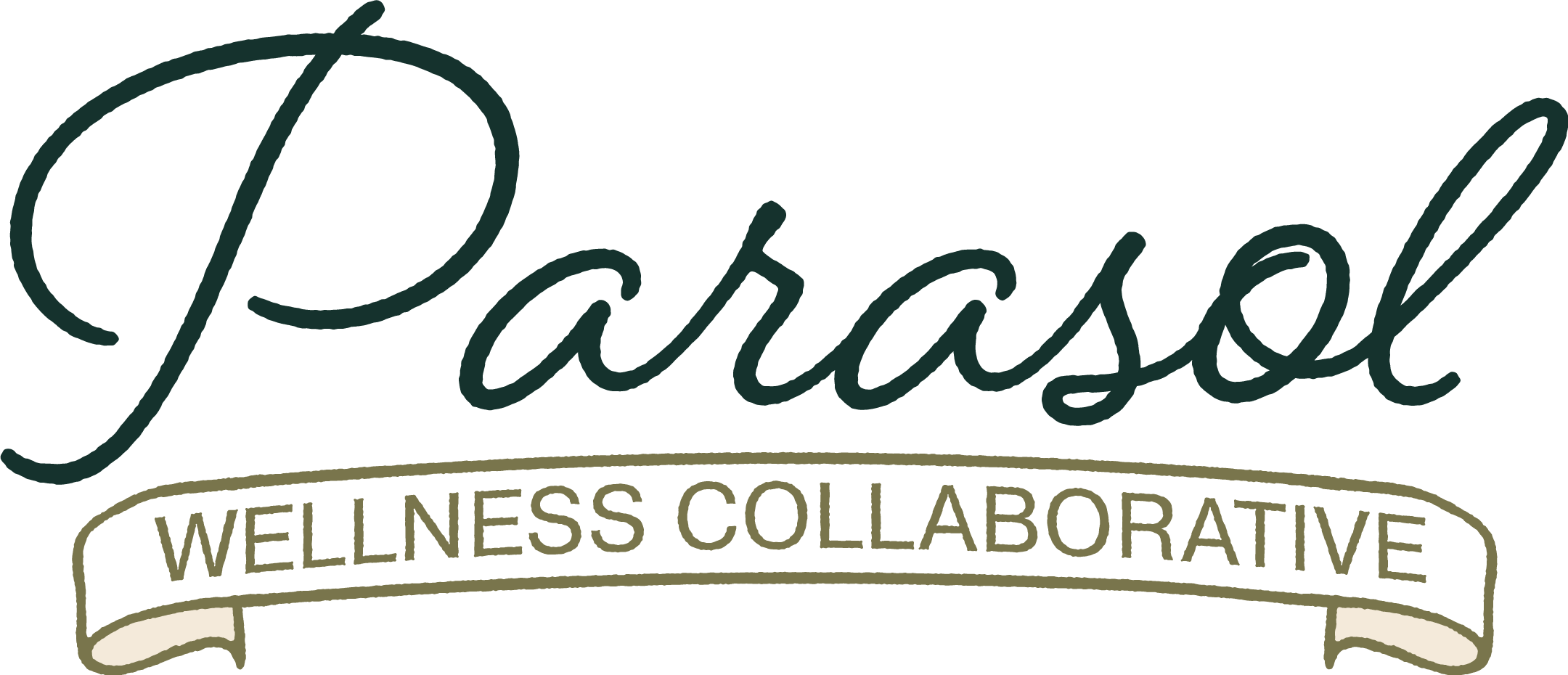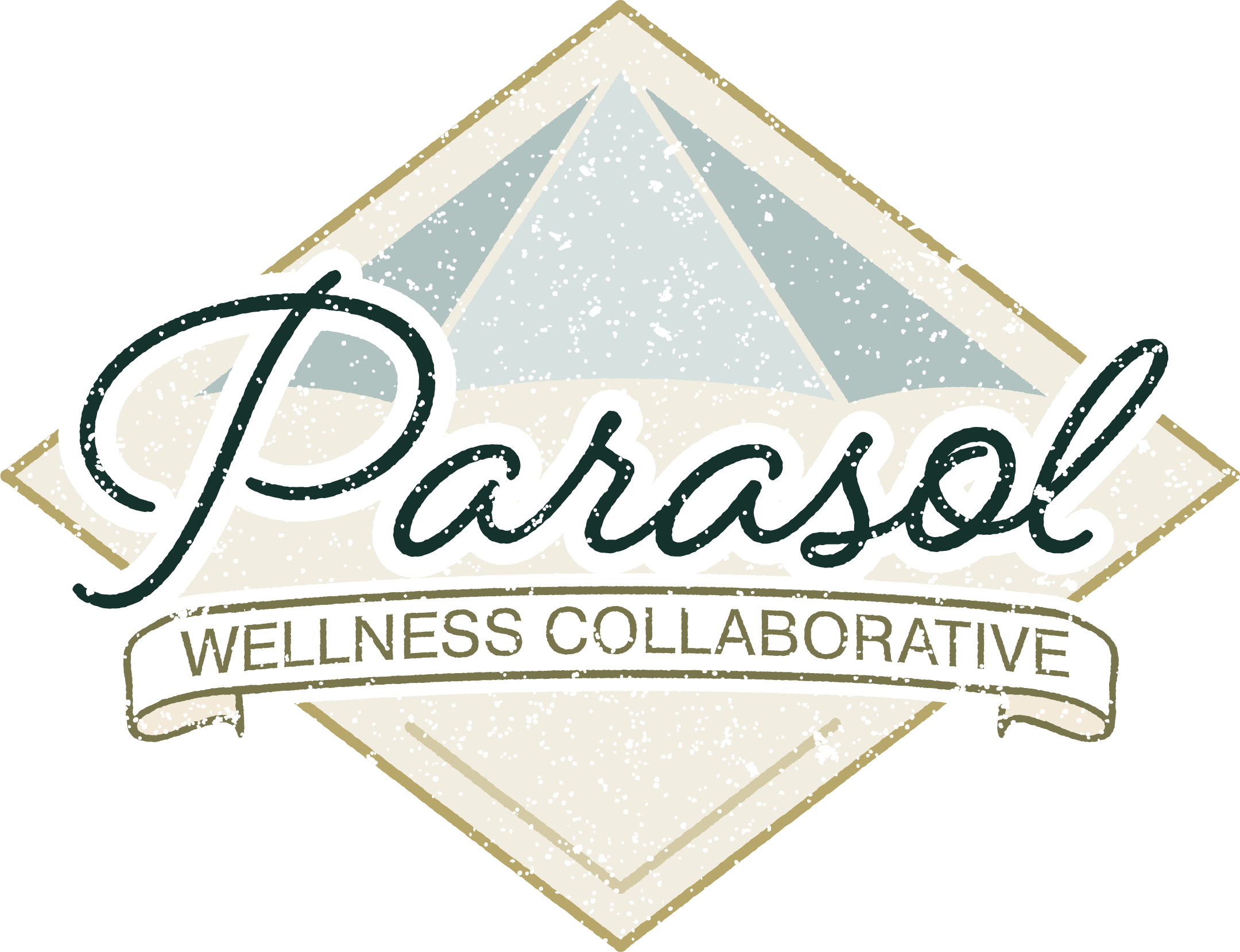FAQs
Mental Health Counseling
We’ve never talked to anyone. We used to handling things on my own. Aren’t people who go to therapy weak?
Not at all. People who ask for help know when they need it and have the courage to reach out. Everyone needs help now and then. In our work together, We’ll help you explore and identify your strengths and how to implement them to reduce the influence of the problems you are facing.
What’s the difference between talking to you or my best friend or family?
The difference is between someone who can do something, and someone who has the training and experience to do that same thing professionally. A mental health professional can help you approach your situation in a new way– teach you new skills, gain different perspectives, listen to you without judgment or expectations, and help you listen to yourself. Furthermore, counseling is completely confidential. You won’t have to worry about others “knowing my business.” Lastly, if your situation provokes a great deal of negative emotion, and you’ve been confiding in a friend or family member, there is the risk that once you are feeling better you could start avoiding that person so you aren’t reminded of this difficult time in your life.
Why shouldn’t we just take medication?
Medication can be effective but it alone cannot solve all issues. Sometimes medication is needed in conjunction with counseling. Our work together is designed to explore and unpack the problems you are experiencing and expand on your strengths that can help you accomplish your personal goals.
How does it work? What do we have to do in sessions?
Because each person has different issues and goals for counseling, it will be different depending on the individual. We tailor my therapeutic approach to your specific needs.
How long will it take?
Unfortunately, this is not possible to say in a general FAQs page. Everyone’s circumstances are unique to them and the length of time counseling can take to allow you to accomplish your goals depends on your desire for personal development, your commitment, and the factors that are driving you to seek counseling in the first place.
We want to get the most out of therapy. What can wee do to help?
We are so glad you are dedicated to getting the most out of your sessions. Your active participation and dedication will be crucial to your success.
Nutrition Services
What does nutrition have to do with mental health?
At Parasol Wellness, we believe that everything is mental health. If you’ve ever tried to make dietary changes, you’re probably familiar with resistant thoughts trying to convince you to abandon the change. And, on the flip side, if you’ve ever experienced the “hangry” feelings that come with depriving yourself of food then you’re familiar with your diet impacting your mood. Our nutrition services help to amplify mental health support by leveraging foods that will help your body to stabilize your mood. And, if you’re trying to make healthy dietary changes, our mental health support can help to manage the thoughts getting in your way.
Am I going to have to make huge changes to my diet?
Our nutrition services are tailored to your unique needs and lifestyle. You don’t have to change anything you don’t want to. We’ve found the best results come from conducting vitamin and mineral lab tests to determine which nutrients your body might be deficient in, allowing us to prioritize addressing the “low hanging fruit” that will give you the most noticeable results as quickly as possible so you can start feeling better. Finding the smallest changes that’ll give you the most impact helps to create a snowball effect on your wellness journey.
Will nutrition services be covered by insurance?
In most cases, yes. There are a few insurance companies that do not pay for nutrition services and currently the lab work that we can order for you is not covered by any insurance companies. We believe in the value of these services and will work with you to make them accessible regardless of insurance coverage.
Yoga/Meditation FAQs
What does yoga and meditation have to do with mental health?
The research on the benefits of both yoga and meditation on mental health is clear- practicing mindful movement is a powerful way to care for yourself! Emotions are experienced within the body and the mind- utilizing both yoga and meditation as a supplement to your mental health care can help you to take back control of your emotions, allowing trauma and discomfort to move through you and ultimately release.
I’ve never done yoga before, can I take your classes as a beginner?
Yes! Our instructors tailor each individual class to the skill level of the participants and will offer movement options to try for either more advanced students or those who are newer to a practice.
I’m feeling intimidated by the idea of taking a class, how can we get support without having to engage alongside other people?
In addition to our group classes, we also offer individual instruction. You’ll start with a consultation with our yoga instructor who will gather information about your goals, previous experience with yoga/meditation and also your comfort level. The instructor will then prepare a class tailored to you specifically and deliver it in a one on one format with suggestions for additional resources for you to check out. And, our yoga instructor is fully integrated into our team, so if you’re already engaged in mental health therapy with one of our providers then this individualization can happen with the input of your therapist (so you won’t have to tell your whole story over again!).


